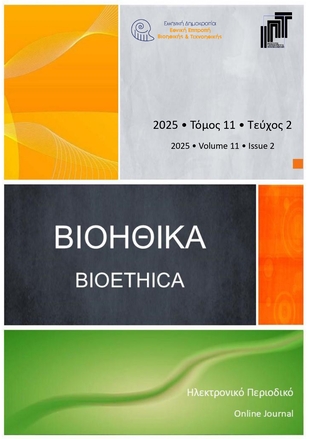Minors in clinical trials: balancing ethics, rights and medical innovation

Abstract
This report explores the complex intersection of medical innovation, ethics and the rights of minors participating in clinical trials. While pediatric clinical research is fundamental for developing effective treatments, it also raises significant ethical concerns due to the vulnerability of this population, which stems from their reliance on parents and caregivers and their limited ability to fully comprehend the procedures involved.
The report addresses key issues such as the principle of informed consent and the requirement of assent, drawing from the legal framework governing this area. This includes instruments such as the UN Convention on the Rights of the Child and the EU Clinical Trials Regulation.
The guiding principle in all pediatric decisions is the child’s best interest, which ultimately shapes ethical and legal parameters of clinical research. Risk/benefit assessments are crucial and must inform all stages of the clinical trial. Other essential safeguards include the right to withdraw from a trial and the right to be informed or not to be informed about one’s medical condition. The report also examines situations of parental disagreement.
The ethical role of ethics committees is highlighted, particularly their responsibility to ensure the legitimacy of consent and prevent undue influence. The report stresses the need for these committees to include experts in pediatric ethics and child development.
Practical challenges are also explored, such as the difficulty of assessing risk, particularly with infants and children who cannot articulate discomfort. Innovative multimedia methods for explaining trials to children and parents are examined as ways to improve understanding and transparency. Special attention is given to modern controversial practices, including the use of healthy children as stem cell donors for their siblings and the use of hypothermia in cases of perinatal hypoxic ischemic encephalopathy.
The report concludes by arguing that excluding minors from clinical trials in the name of protection would unjustly deprive them of access to potentially life-improving treatments. Instead, clinical trials must be conducted not on children but with children, ensuring that respect of their rights, needs and demands is at the heart of every decision.
Article Details
- How to Cite
-
Coronato, I. (2025). Minors in clinical trials: balancing ethics, rights and medical innovation. Bioethica, 11(2), 57–73. https://doi.org/10.12681/bioeth.42844
- Section
- Reviews

This work is licensed under a Creative Commons Attribution 4.0 International License.
Authors who publish with this journal agree to the following terms:
- Authors retain copyright and grant the journal right of first publication with the work simultaneously licensed under a Creative Commons Attribution CC BY 4.0 License, which allows for immediate free access to the work and permits any user to read, download, copy, distribute, print, search, or link to the full texts of articles, crawl them for indexing, pass them as data to software, or use them for any other lawful purpose. Appropriate credit must be given by citing the author(s) and the original publication in this journal.
- Authors are able to enter into separate, additional contractual arrangements for the non-exclusive distribution of the journal's published version of the work (e.g. post it to an institutional repository or publish it in a book), with an acknowledgement of its initial publication in this journal.
We encourage authors to deposit their articles, as well as data underlying the publications, in institutional and/or other appropriate subject repositories.
Bioethica permits and encourages authors to archive the final publication pdf in institutional (e.g. the repository of the National Hellenic Research Foundation) or other appropriate subject repositories (e.g. SSOAR repository for social sciences), in compliance with institutional and/or funder open access policies, after publication in the BIOETHICA. Authors must provide bibliographic details that credit publication in the journal, as well as related funding details (when applicable).
Lists of institutional and other subject-based academic open access repositories can be found listed by country at the registry http://opendoar.org/countrylist.php
If your institution does not possess a repository you may deposit a copy of your paper at no cost with www.zenodo.org , the repository supported for open access research in the EU by the European Commission, through the project OpenAIRE (www.openaire.eu )


